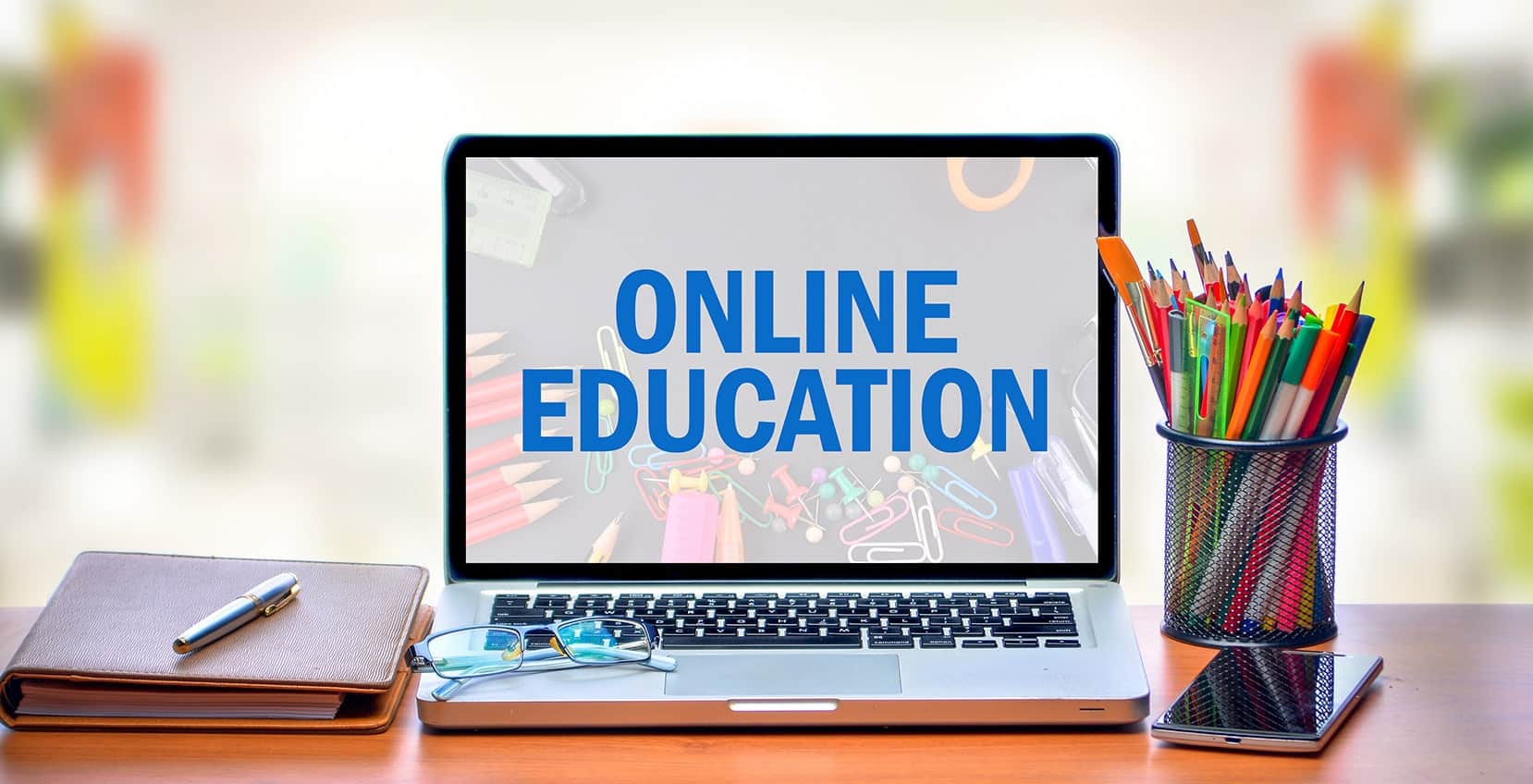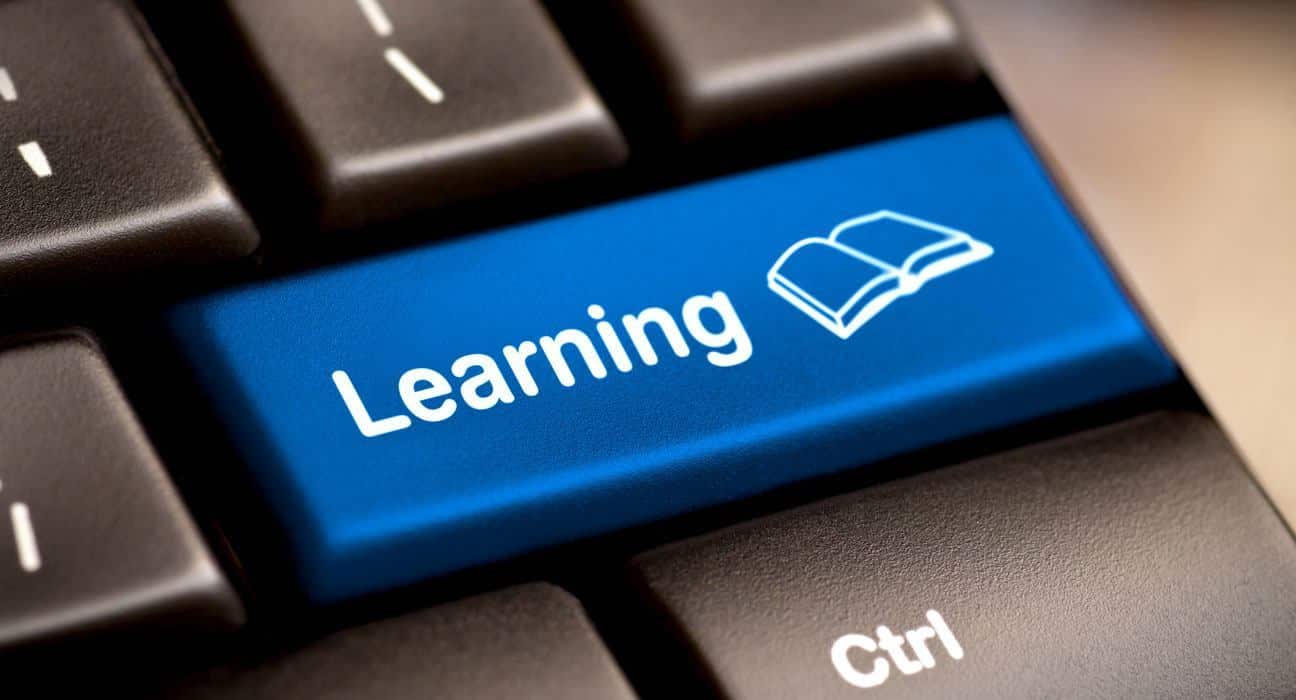Karena keuntungan luar biasa yang dicapai oleh otomatisasi dan kecerdasan buatan, dinamika pasar masa depan global berubah lebih cepat daripada sebelumnya dalam revolusi industri ke-4 — dan laju perubahan ini akan terus meningkat secara eksponensial dari waktu ke waktu. Dalam menghadapi kemajuan teknologi dan perubahan kebutuhan perusahaan, informasi dan kemampuan yang diperoleh anak-anak dalam pendidikan sekolah mereka saat ini mungkin akan cepat menjadi usang, dan bahkan keterampilan yang paling digembar-gemborkan saat ini kemungkinan akan menjadi usang dalam beberapa dekade mendatang. Karena teknologi yang mengganggu menyebar ke ekonomi global, tidaklah tidak masuk akal untuk memprediksi bahwa robot akan menggantikan banyak pekerjaan yang monoton, dengan pikiran teknologi bot yang mampu melakukan tugas dan membuat keputusan yang masuk akal.
Karena abad ke-21 ditandai dengan kompleksitas dan perubahan yang cepat, sangat penting bagi pertumbuhan dan perkembangan mental anak Anda untuk mempersiapkan mereka menghadapi masalah di masa depan. Di dunia yang dinamis dan digital saat ini, ketika pendekatan dan alat baru dapat memberi anak Anda keunggulan dibandingkan pesaing, menyediakan lingkungan yang mendukung perkembangan emosional dan intelektual sekaligus membuat pembelajaran menyenangkan sangatlah penting. Untuk memenuhi persyaratan ini, sistem pendidikan kita harus memasukkan "aspek penting" berikut ke dalam kurikulum pedagogis, yang akan mendorong adaptasi dan mempersiapkan anak-anak untuk masa depan yang tidak dapat diprediksi:
Pembelajaran Berbasis Proyek: Menggabungkan inovasi budaya dan pedagogis ke dalam praktik kurikulum dapat membantu pelajar muda dalam menganalisis situasi, menerapkan pengetahuan teoritis secara imajinatif pada tantangan dunia nyata, mengomunikasikan solusi secara meyakinkan, dan berkolaborasi dengan orang lain. Lebih jauh lagi, menguasai kursus 'STEM' dan 'STREAM' akan membantu anak dalam berfokus pada pengembangan holistik pelajar dan membekali mereka dengan kemampuan berpikir kritis, penalaran, kerja sama tim, literasi digital, berpikir kritis, dan pemecahan masalah. Ketika seorang anak berusia 6 tahun melakukan percobaan dasar untuk menentukan apakah "cahaya matahari penting untuk pertumbuhan dan nutrisi tanaman," mereka belajar berpikir kritis dengan menetapkan hipotesis, mengevaluasi data, menafsirkan hasil, dan membuat kesimpulan. Di kemudian hari, ketika anak ingin menguji kemanjuran strategi bisnis atau peluang kewirausahaan, bakat berpikir kritis ini akan berguna. Demikian pula, ketika siswa belajar cara menyeimbangkan anggaran untuk proyek sekolah atau mengelola uang saku mereka sendiri, mereka belajar lebih dari sekadar ide matematika. Dalam kejadian di dunia nyata, selain juga mencoba untuk memperoleh pemahaman dasar tentang dasar-dasar ekonomi. Anak-anak belajar cara menyelidiki, membedakan fakta dari fiksi, berkolaborasi, dan berkomunikasi dalam konteks profesional sambil menerbitkan majalah sekolah mereka sendiri atau buku bergambar yang mereka desain sendiri. Strategi pembelajaran berbasis proyek seperti itu akan membantu anak dalam mengembangkan keterampilan seperti berpikir spasial, kapasitas kognitif, dan kecerdasan kreatif, serta mempersiapkan mereka menghadapi hambatan yang akan mereka hadapi di perguruan tinggi dan pekerjaan.
'Kurikulum Terampil': Sangat penting untuk mereformasi dan memperbarui seluruh kurikulum pendidikan guna membekali anak muda dengan keterampilan abad ke-21 dan menghilangkan hambatan antara pendidikan dan dunia nyata. Kurikulum yang baru direncanakan harus lebih menekankan pada pedagogi yang berfokus pada 'peserta didik' dan 'tujuan pembelajaran', daripada 'apa yang harus diajarkan'. Sederhananya, 'Kurikulum Terampil' harus memberikan anak-anak muda pengetahuan yang mereka butuhkan untuk menghadapi masa depan dengan pola pikir yang dinamis, bertanggung jawab, dan berwawasan ke depan. Kurikulum ini juga bertujuan untuk membangun keterampilan kognitif, emosional, kreatif, dan interpersonal yang tepat yang dibutuhkan untuk berhasil dalam persaingan ketat abad ke-XNUMX. Para pendidik harus melangkah lebih jauh dengan menekankan kelas terbalik, di mana komponen teoritis diperoleh di luar kelas dan bagian praktis diajarkan secara tatap muka dengan cara yang interaktif dan instruktif. Misalnya, siswa dapat memahami konsep tata bahasa yang diajarkan sendiri seperti "jenis konjungsi" dengan lebih baik dengan menonton instruksi video atau melakukan penelitian tentang masalah tersebut di luar kelas. Anak muda mengembangkan hubungan yang lebih kuat dengan konsep dan terlibat dalam eksplorasi aktif sebagai hasil dari menggabungkan pengalaman nyata dengan konsep abstrak dan kemudian merefleksikan hasilnya. Singkatnya, kurikulum berbasis keterampilan akan membantu otak muda menjadi pembelajar yang kreatif, berpengetahuan luas, bersemangat, dan gembira sekaligus memenuhi tuntutan dunia baru mereka dan mempersiapkan mereka untuk kompetisi di masa depan.
Teknologi dan Kecerdasan Buatan (AI): Pasar masa depan di seluruh dunia akan terbentuk melalui komunikasi, kolaborasi, dan penemuan, yang semuanya bergantung pada teknologi. Teknologi internet dan kecerdasan buatan (AI) akan mengubah seluruh dunia menjadi pasar dan ruang kerja global yang menawarkan beragam peluang bagi para pemimpin yang sangat berbakat, kritis, dan kreatif. Di sisi lain, tren global dengan jelas menyiratkan bahwa pekerjaan apa pun yang berbasis proses atau aturan (atau bersifat repetitif) akan lebih baik dilakukan oleh komputer pintar, atau bot, di masa depan. Karena dunia semakin bergantung pada teknologi yang sangat kompleks dan terus berkembang, permintaan akan pemikir kritis, pemecah masalah, dan pengamat yang cermat akan tumbuh secara dramatis. Selain itu, untuk menjadi 'Pemikir Maju' di pasar kerja masa depan, anak muda harus mampu menemukan masalah sambil menyelidiki berbagai penyebab dan sistem. Oleh karena itu, sangat penting untuk memberi anak Anda kesempatan untuk mempelajari, mengeksplorasi, dan merancang AI sambil juga mendorong inovasi dan menanamkan keterampilan kritis yang diperlukan.
Kesimpulan: Dunia baru akan membutuhkan bakat dan kemampuan penting yang sangat berbeda dari apa yang biasa kita dapatkan. Anak-anak Anda akan tersapu tsunami perubahan yang terus-menerus jika mereka tidak memiliki keterampilan penting dan pengetahuan teknologi. Jadi, di luar pendidikan sekolah dasar, pertanyaan utama yang ada di benak setiap orang tua saat ini adalah 'Bagaimana mempersiapkan anak-anak mereka untuk kompetisi di masa depan.' Sistem pendidikan, seperti yang kita ketahui, tidak cukup mempersiapkan otak muda untuk pertumbuhan akademis dan kesuksesan jangka panjang. Sebagian besar siswa tidak memiliki keterampilan dan informasi yang diperlukan untuk menjadi profesional yang efektif atau pemikir kritis di pasar kerja global. Akibatnya, sebagai orang tua, kita harus membantu anak-anak kita agar siap menghadapi masa depan dengan membuat keputusan pendidikan yang tepat, mengenalkan mereka pada teknologi dan AI, dan mendorong mereka untuk menguasai keterampilan yang tidak kita miliki. Orang tua juga harus menghargai kebebasan, individualitas, dan hobi anak-anak mereka sambil mengajari mereka bahwa tujuan dapat dicapai melalui kerja keras.








